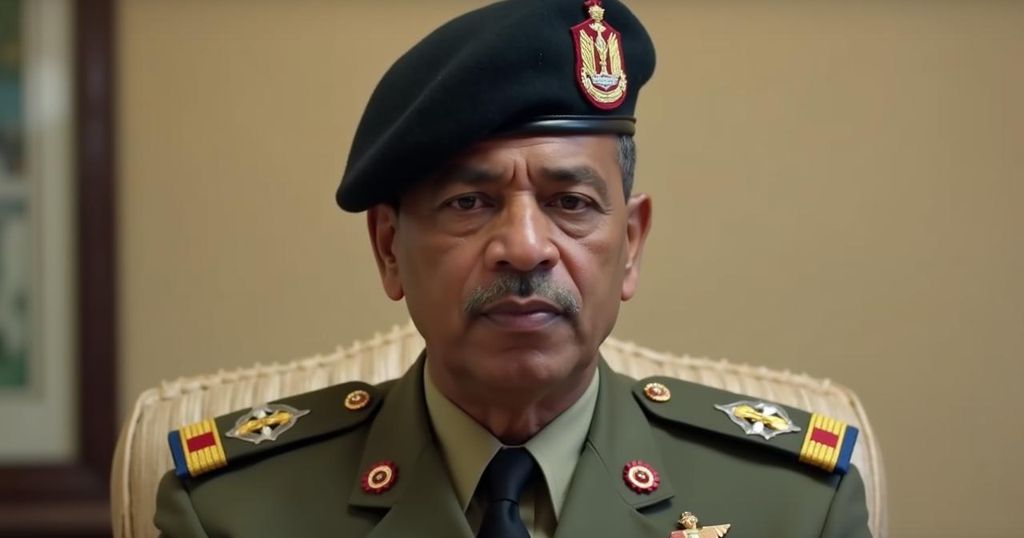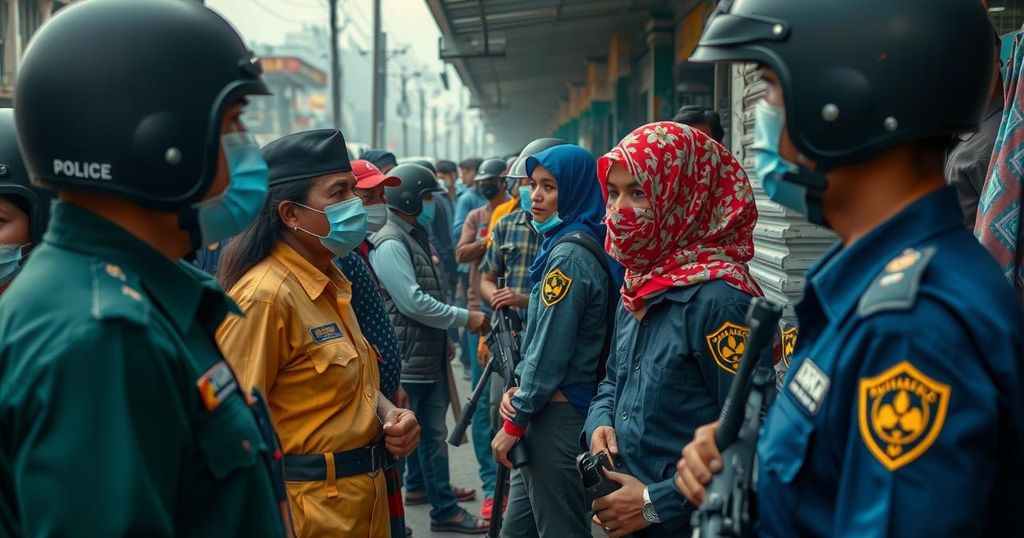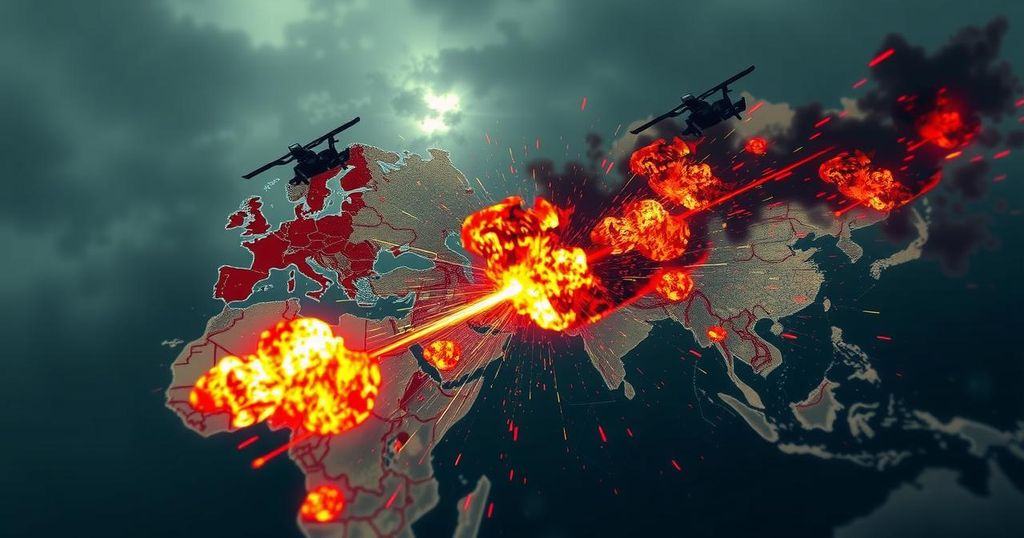Sudanese General Declares Potential of Egyptian Air Power to Resolve Conflict
Lieutenant General Ibrahim Jabir of Sudan indicated that Egyptian air strikes could resolve the ongoing conflict in Sudan within days, following claims by RSF leader Hemetti about Egyptian involvement. Jabir dismissed Hemetti’s accusations and emphasized the strength of the Sudanese military. He stated that the army is gaining ground against the RSF, with significant military progress reported.
A senior general in Sudan’s military hierarchy posits that Egyptian air strikes possess the capability to decisively conclude the ongoing conflict in Sudan within a matter of days. Lieutenant General Ibrahim Jabir, who serves on Sudan’s ruling Sovereign Council and holds the position of deputy army commander, articulated these insights via an interview with the Al-Mohaqeq website, emphasizing Egypt’s military prowess and its intricate understanding of the rebellion. These remarks followed accusations from Rapid Support Forces (RSF) leader, Mohamed Hamdan Dagalo, widely recognized as Hemetti, who alleged that Egyptian forces had targeted his militia since the conflict’s initiation in April. In response, Egypt vehemently denied these allegations, urging the global community to scrutinize the validity of Hemetti’s claims. General Jabir characterized these allegations as a maneuver by Hemetti intended to diminish the perceived strength of the Sudanese army while attempting to incite regional tensions. He underscored the enduring strength of Sudan’s ties with Egypt, suggesting that the latter is a formidable ally. “Egypt is a great country, and if we were not neighbours, we would seek an alliance with it,” Jabir declared. Additionally, he dismissed Hemetti’s assertion of the RSF having mobilized one million fighters as mere “naive propaganda,” contending that support for the rebellion is significantly lower. In the discourse surrounding military engagements, Jabir affirmed that the Sudanese army is making substantial headway against the RSF. He noted that the army has severed key supply lines of the RSF across various regions including Khartoum, Darfur, and Sennar, thus compelling the RSF into a strategic retreat. He expressed confidence in achieving further territorial gains in areas previously lost to rebel control, predicting a shift in the conflict dynamics that would disrupt the foundation of the opposing forces.
The ongoing conflict in Sudan, marked by intense fighting primarily between the Sudanese army and the Rapid Support Forces (RSF), has significant implications for regional stability. Egypt’s involvement in the situation is a contentious issue, especially with the RSF attributing various military actions to Egyptian air power. General Ibrahim Jabir’s assertions reflect the complex interrelations and military alliances that shape the conflict, alongside the underlying political tensions between Sudan and its northern neighbor, Egypt. Notably, the commentary from Jabir might have broader implications for Sudanese national strategy and regional alliances.
In summary, Lieutenant General Ibrahim Jabir has articulated a strong belief in the potential of Egyptian air power to swiftly end the conflict in Sudan, with his remarks reflecting the intricate political and military landscape of the region. The general’s dismissal of allegations from RSF leader Hemetti and emphasis on the strength of Sudan-Egypt relations highlight a critical narrative in the ongoing struggle. The developments in this conflict signal a complex engagement involving regional powers and domestic factions, underscoring the importance of understanding these dynamics in any resolution efforts.
Original Source: sudantribune.com








Post Comment